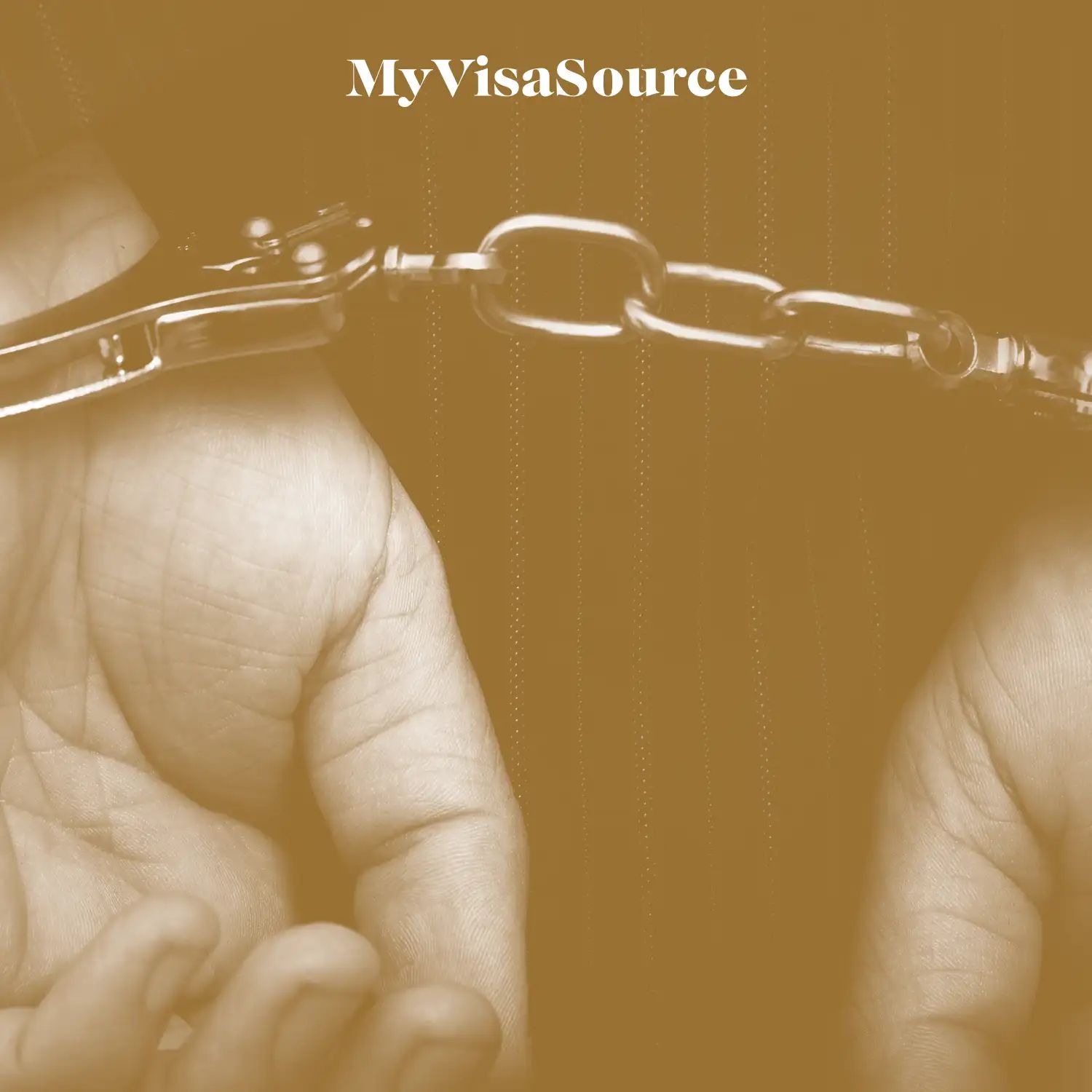You want to enter Canada, but you've been refused entry. When you find out why, you’re amazed - it’s because of a crime you committed years ago that you thought would no longer affect your life. Unfortunately, that’s not the case. Read on to learn about how cross-border criminal records can cause immigration officials to refuse you entry to Canada and deem you inadmissible. Now for some of the more serious reasons...
War Crimes and Crimes Against Humanity
This is a crime of which few people trying to enter Canada are guilty. However, that doesn’t mean that war criminals aren’t trying to hide their past and start a new life in which they’ll go unpunished for what they’ve done.
The International Committee of the Red Cross defines war crimes as “serious violations of the laws and customs applicable in international armed conflict” and “serious violations of the laws and customs applicable in an armed conflict not of an international character.”
For example, brutal killings and persecution of minorities in the former Yugoslavia and Rwanda constitute war crimes.
Canada’s Crimes against Humanity and War Crimes Act of 2009 defines crimes against humanity as “murder, extermination, enslavement, deportation, imprisonment, torture, sexual violence, persecution or any other inhumane act or omission that is committed against any civilian population or any identifiable group and that, at the time and in the place of its commission, constitutes a crime against humanity according to customary international law or conventional international law or by virtue of its being criminal according to the general principles of law recognized by the community of nations.”
It doesn’t matter if it’s not a crime at the time in the place where the act has been committed.
Furthermore, even if you didn’t commit the crimes yourself, but you were part of the regime that did, the Canadian government considers you just as guilty as if you had carried them out. You would be deemed Inadmissible on the grounds of Human or International Rights Violations. 'Grounds' are reasons.
Organized Crime
When people hear the phrase “organized crime,” they think of the Mafia. Glamorized and romanticized by the media, organized crime has some serious and very ugly effects, so it’s not hard to understand why the Canadian government would want to keep it out of the country.
Canada’s Criminal Code defines a criminal organization as, “composed of three or more persons in or outside Canada and has as one of its main purposes or main activities the facilitation or commission of one or more serious offences that, if committed, would likely result in the direct or indirect receipt of a material benefit, including a financial benefit, by the group or by any of the persons who constitute the group.” You would be deemed Inadmissible on the grounds of Organized Criminality.
Serious Crimes
Some crimes are worse than others. Canada deems crimes that would be punishable by at least ten years in prison as “serious” crimes.
What kinds of crimes are these? They include first degree/second-degree murder or treason. There are other crimes with lower minimum sentencing requirements, such as manslaughter and firearms possession, although depending on the severity of the crime, sentences could last for ten years or longer. You would be deemed Inadmissible on the grounds of Serious Criminality.



















